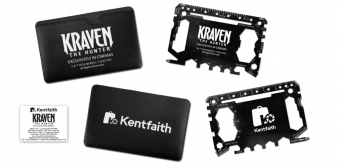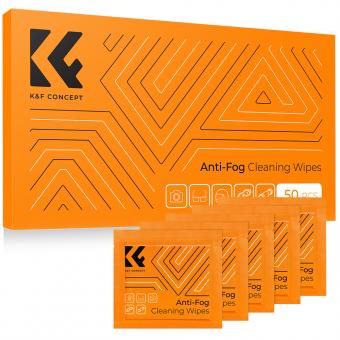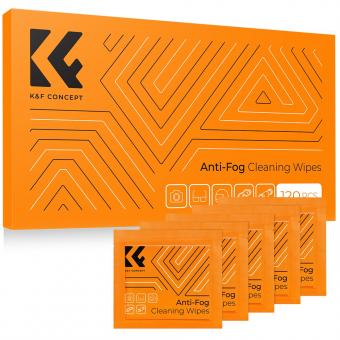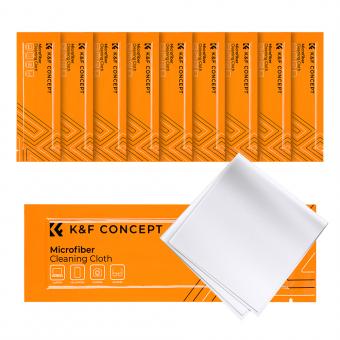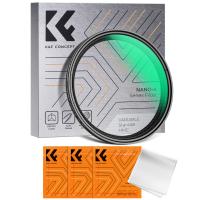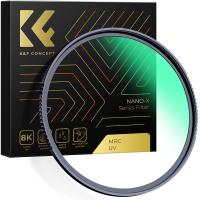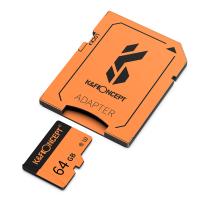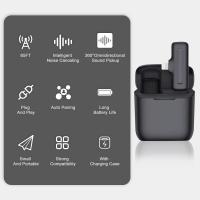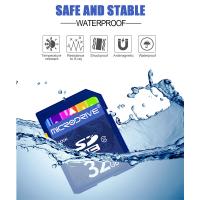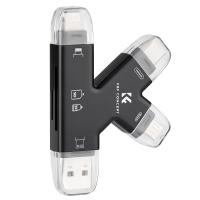Can I Get Solar Panels For Free?
In recent years, the buzz around solar energy has crescendoed to a point where almost everyone is curious about its feasibility and benefits. One pressing question many ponder is whether they can acquire solar panels for free. This article aims to delve into this subject, exploring the various options, incentives, and scenarios where "free solar panels" might just be within reach.
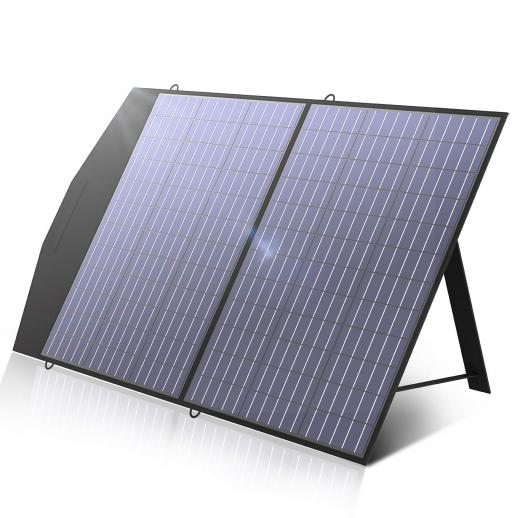
The Rise of Solar Energy
Solar energy has become a cornerstone in the transition to a greener and more sustainable future. The decreasing cost of solar technology combined with increasing electricity rates makes solar power an attractive option for homeowners and businesses alike. Governments and private entities have recognized this shift and have developed numerous programs to support and incentivize the adoption of solar panels.
Demystifying "Free" Solar Panels
To break it down succinctly, the concept of "free" solar panels usually falls into a few main categories such as government incentives, solar leasing programs, power purchase agreements (PPAs), and community solar programs. Each of these avenues comes with its own set of conditions and benefits. Below, we will dissect each option to provide a clearer understanding of how you can potentially get solar panels without any upfront cost.
Government Incentives
Government policies often play a pivotal role in making solar panels more accessible. Although not entirely free, these incentives can substantially reduce the initial financial burden. Here are some prominent examples:
1. Federal Investment Tax Credit (ITC): The ITC allows you to deduct a significant percentage of your solar installation costs from your federal taxes. As of now, the ITC offers a 26% deduction for residential solar systems, but the percentage may decrease in subsequent years.
2. State and Local Rebates: Many states and municipalities offer additional rebates that can further offset the cost. For example, states like California and New York have aggressive solar rebate programs.
3. Solar Renewable Energy Certificates (SRECs): Homeowners can earn money by selling SRECs to utility companies, thereby further reducing the cost of their solar investment.
While these incentives won't make your solar panels free from the get-go, they can make them significantly more affordable.
Solar Leasing Programs
Solar leasing is another popular option that appeals to homeowners who prefer not to pay upfront for a solar system:
1. No Upfront Costs: In a solar lease arrangement, a third-party company owns and installs the solar panels on your property. You agree to lease the system for a specified period, typically 20-25 years.
2. Lower Monthly Payments: You pay a fixed monthly rent to the leasing company, which is often lower than your current electricity bill, allowing you to save money from day one.
3. Maintenance Covered: One compelling advantage is that the leasing company usually covers all maintenance and repair costs, offering a hassle-free experience.
However, it’s crucial to read the fine print. Some complications, such as difficulties in transferring the lease if you decide to sell your home, may arise.
Power Purchase Agreements (PPAs)
A Power Purchase Agreement (PPA) is another attractive option for those looking to avoid upfront costs. Here’s how it works:
1. Third-party Ownership: Similar to leasing, a third-party company installs and owns the solar system on your property.
2. Pay for What You Use: Instead of a fixed lease payment, you agree to purchase the generated electricity at a predetermined rate, which is often lower than the current utility rates.
3. Savings Over Time: The primary benefit here is the potential for immediate savings on your electricity bill without the initial investment or maintenance responsibilities.
Just like leasing, PPAs come with long-term agreements and specific conditions you should thoroughly understand before committing.
Community Solar Programs
Community solar programs offer a novel approach to solar adoption that mitigates the need for individual home installations:
1. Shared Solar Farms: Community solar involves a central solar farm that multiple homeowners can subscribe to. You receive credits on your electricity bill for your share of the solar power generated.
2. Flexibility: These programs are particularly beneficial for renters or those with unsuitable roofs for solar panel installation.
3. No Installation Required: This option eliminates the need for physical solar panel installations on your property, thereby bypassing any upfront costs or maintenance responsibilities.
Steps to Take
If the prospect of getting solar panels for free intrigues you, here are actionable steps to explore:
1. Research Available Programs: Start by researching federal, state, and local incentives. Websites like the Database of State Incentives for Renewables & Efficiency (DSIRE) can provide comprehensive information.
2. Contact Solar Providers: Multiple companies offer leasing and PPA options. Consult with a few to compare proposals and understand the terms fully.
3. Community Solar Programs: Look into local community solar initiatives. Utility companies or renewable energy organizations in your area may offer such programs.
4. Financial Evaluation: Assess your current electricity costs and determine the potential savings under different scenarios. This will help you make an informed decision about the best financial pathway for your situation.
While the concept of receiving completely "free" solar panels is somewhat nuanced and may involve trade-offs or certain conditions, various existing programs and incentives can significantly minimize the financial barriers. By thoroughly researching and understanding the available options—be it through government incentives, solar leasing, PPAs, or community solar programs—achieving cost-effective solar energy is well within reach. The journey to harnessing the power of the sun might require some legwork, but the environmental and financial rewards make it a worthy endeavor.
By demystifying these different pathways, this article aims to empower you with the knowledge to take your first steps toward a more sustainable and economically sound energy future. Solar energy, while a considerable investment, offers long-term savings and environmental benefits that contribute to a cleaner planet for future generations.

